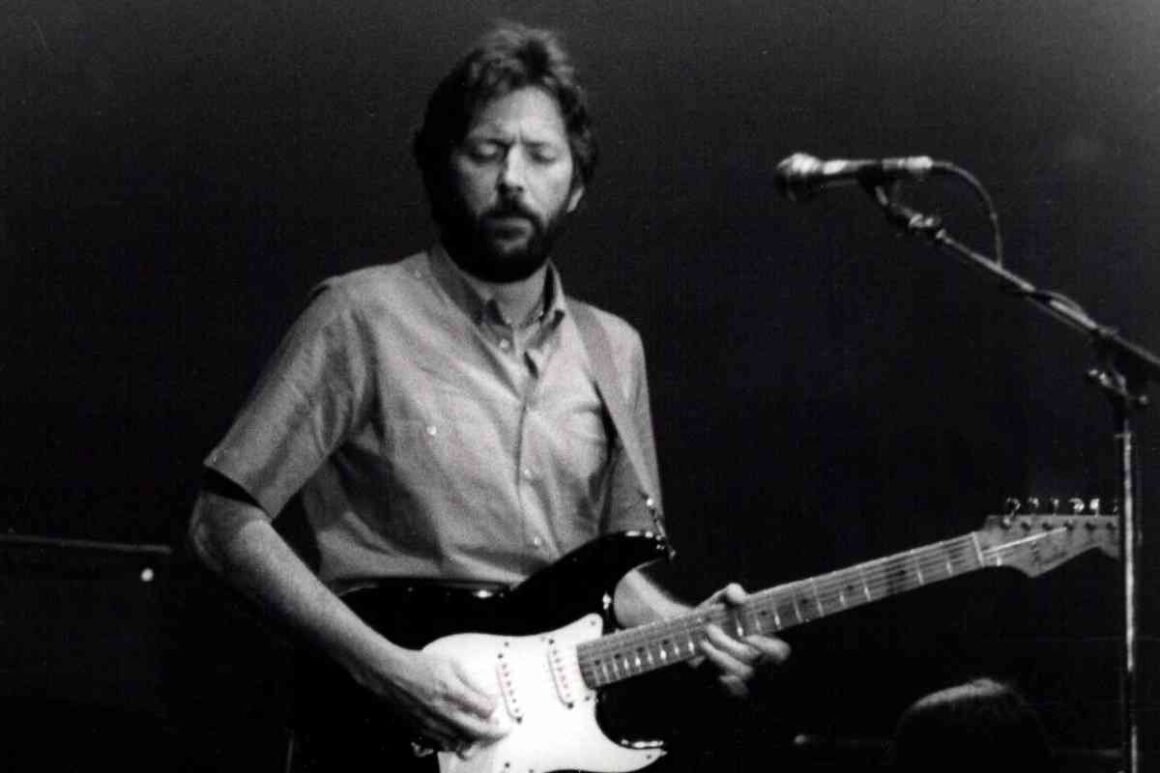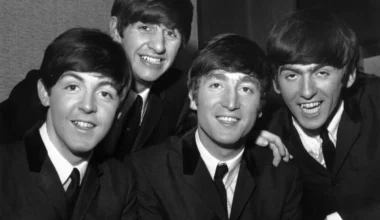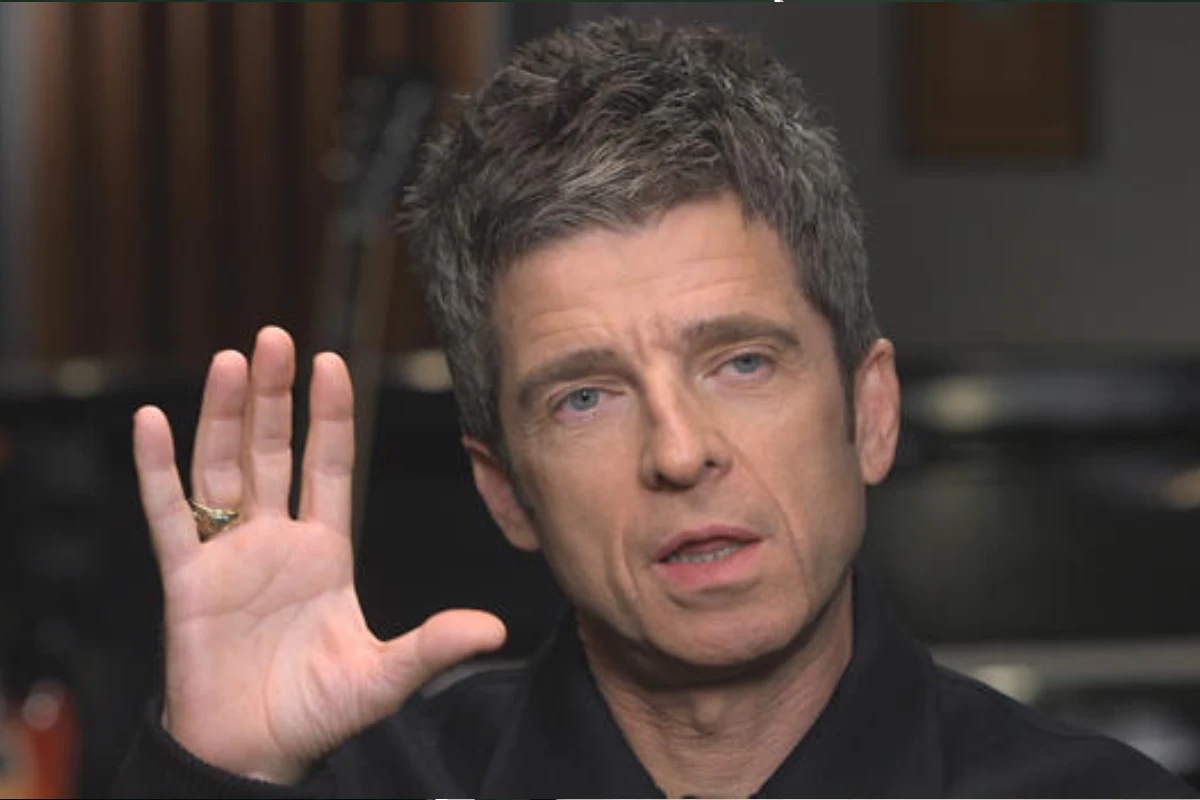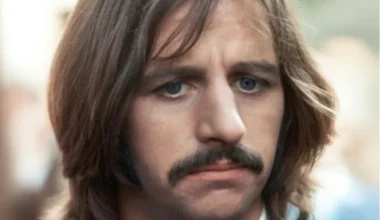Eric Clapton never set out to claim the title of the world’s greatest singer. His guitar was always his voice, leaving audiences breathless with unforgettable solos that have become rock and blues canon. During his time with Cream and beyond, Clapton’s fretboard wizardry more than compensated for any perceived vocal shortcomings. But when it came to one soulful masterpiece, even Clapton doubted his ability to do it justice.
Blues has always been Clapton’s home turf. From his early days with The Yardbirds to his enduring solo career, ‘Slowhand’ found ways to inject the raw, unfiltered energy of the blues into nearly everything he touched. Whether through sneaky blues covers or scorching solos, Clapton channeled legends like Muddy Waters and B.B. King. But soul music was a different beast—a realm where raw vocal emotion often eclipsed technical precision, and it wasn’t an area Clapton felt entirely at home.
While Clapton could bring soul into his music, as evidenced by the pain-soaked wails on Layla and Other Assorted Love Songs, he viewed Ray Charles as untouchable. Charles, often heralded as the architect of soul, transformed blues and jazz foundations into something entirely his own. Tracks like What’d I Say and Hit the Road Jack didn’t just follow a structure—they throbbed with life, soul, and a touch of the divine. For Clapton, Charles’s interpretation of Sinner’s Prayer was the pinnacle of this emotional depth.
Clapton tackled Sinner’s Prayer on his 1989 album Journeyman, but he approached the task with trepidation. “We did the Ray Charles song called Sinner’s Prayer, which is fantastic, and I didn’t think I could ever do this song,” Clapton admitted. “Vocally it’s very dynamic, it looks like a very hard song to sing, and we did it very quickly.”
While Clapton’s rendition carries his signature touch, it doesn’t reach the same visceral heights as Charles’s version. When Charles sang it, he delivered a piece of his soul—a desperate plea to the heavens for forgiveness and redemption, filled with an authenticity that could bring anyone to their knees.
That’s not to say Clapton’s attempt lacked merit. His version reveals a clear influence, especially when you trace its DNA through his other works, from the heartfelt vulnerability of Wonderful Tonight to the tender grief of Tears in Heaven. Clapton may not have matched Charles’s raw emotion, but he absorbed enough of his essence to weave it into his own interpretations of love, pain, and redemption.
In the end, Clapton’s take on Sinner’s Prayer wasn’t about competition—it was an homage. It was a respectful nod to one of the greatest voices of all time, acknowledging that while Clapton might be a guitar god, the soul of Ray Charles remained an unreachable star.








